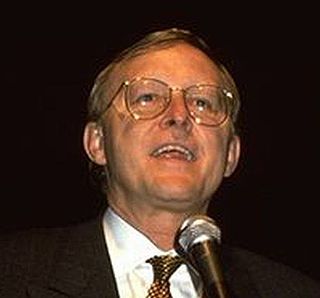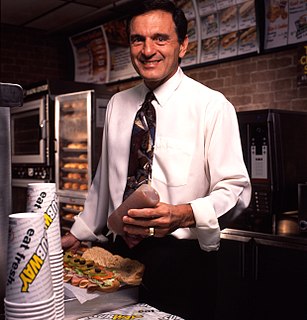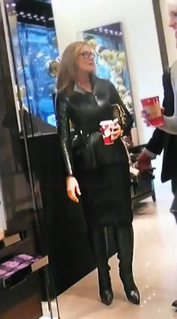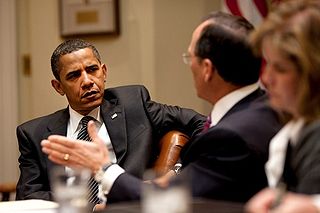A Quote by James H. Clark
Ibotta represents the future of how mobile technology will be used to drive both in-store and online sales. Not only does Ibotta allow retailers to drive sales directly in store, but it also allows them to see what type of media engagement has the largest effect on resulting customer purchases.
Related Quotes
After careful consideration, we have decided that for our next fiscal year, we'll issue guidance on comparable store used unit sales and on earnings per share only for the full fiscal year. We will no longer issue quarterly guidance. This decision reflects our continuing focus on longer-term store, sales, and earnings growth and on return on invested capital, and our recognition that the performance in shorter-term periods can be more volatile than over the longer term. As we report our quarterly results, we plan to comment on how our performance is tracking against our annual guidance.
The nations of the Middle East will have to decide what kind of future they want for themselves for their country and, frankly, for their families and for their children. It's a choice between two futures, and it is a choice America cannot make for you. A better future is only possible if your nations drive out the terrorists and drive out the extremists. Drive them out. Drive them out of your places of worship. Drive them out of your communities. Drive them out of your Holy Land. And drive them out of this earth.
You know how some people are upwardly mobile? I'm sort of downwardly mobile in the publishing world, because of my sales figures and also because of the kind of books I write. Everything really counts on sales. I started out with a bigger press, my first few books. But I've always done some things with independent and small presses and small magazines and I always will.
It's fashionable to use terms like 'sales funnels' to describe the sales process for many companies, and it is true that the funnel design is very appropriate for the digital world, but despite all the prose written on sales funnels and the like, my question is still the same - when do you close your sales, and how long does that take?
Traditional sales and marketing involves increasing market shares, which means selling as much of your product as you can to as many customers as possible. One-to-one marketing involves driving for a share of customer, which means ensuring that each individual customer who buys your product buys more product, buys only your brand, and is happy using your product instead of another to solve his problem. The true, current value of any one customer is a function of the customer's future purchases, across all the product lines, brands, and services offered by you.





































